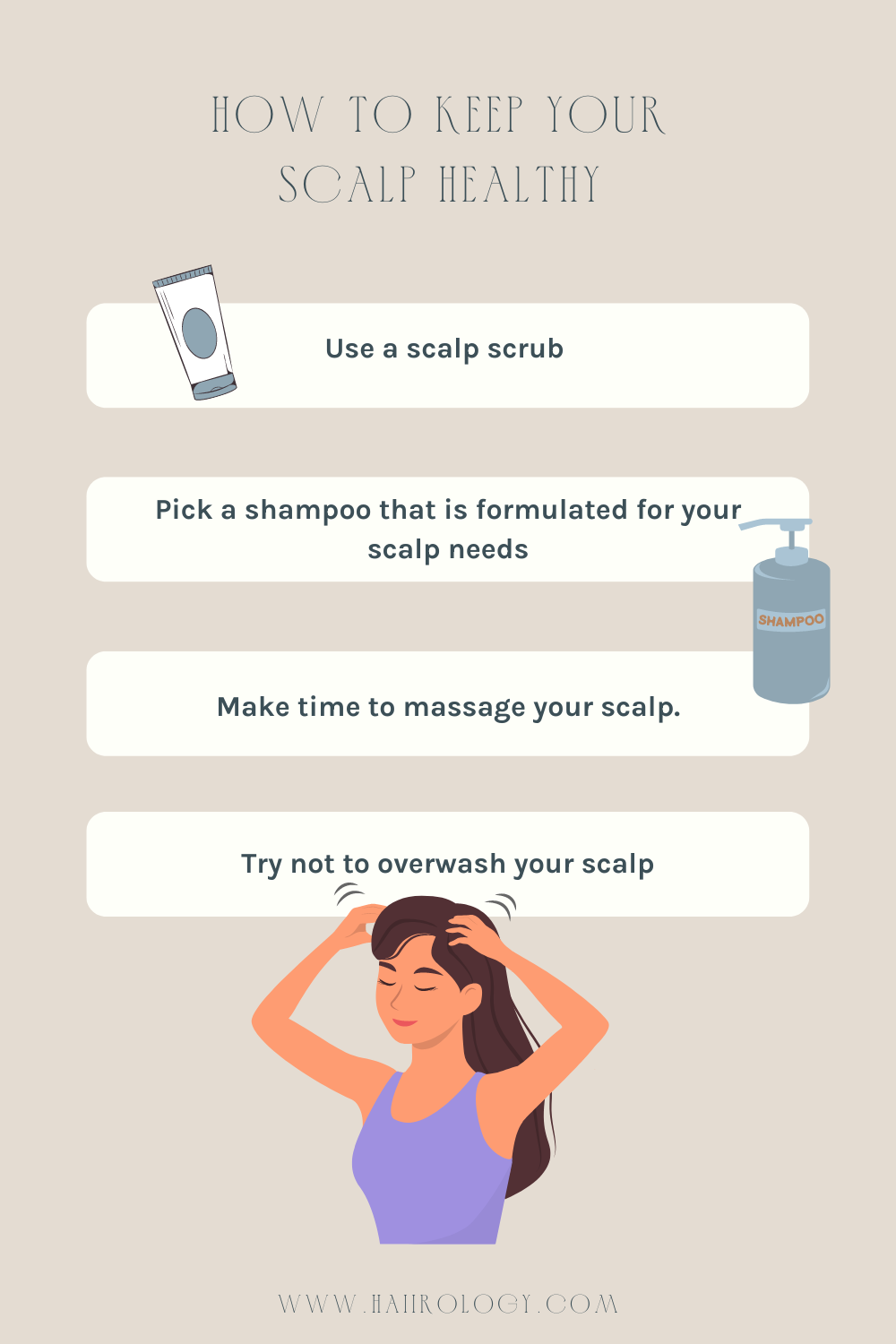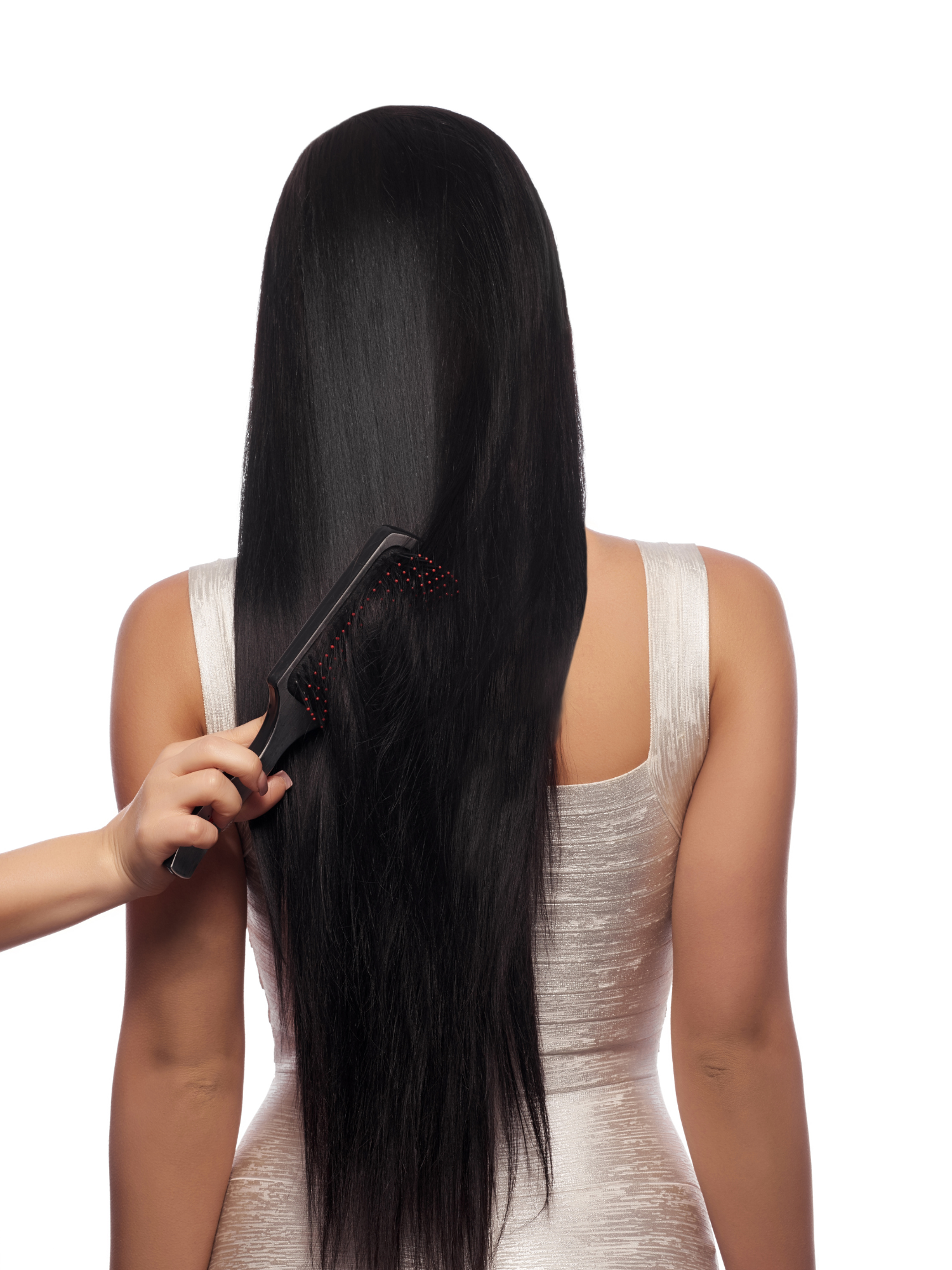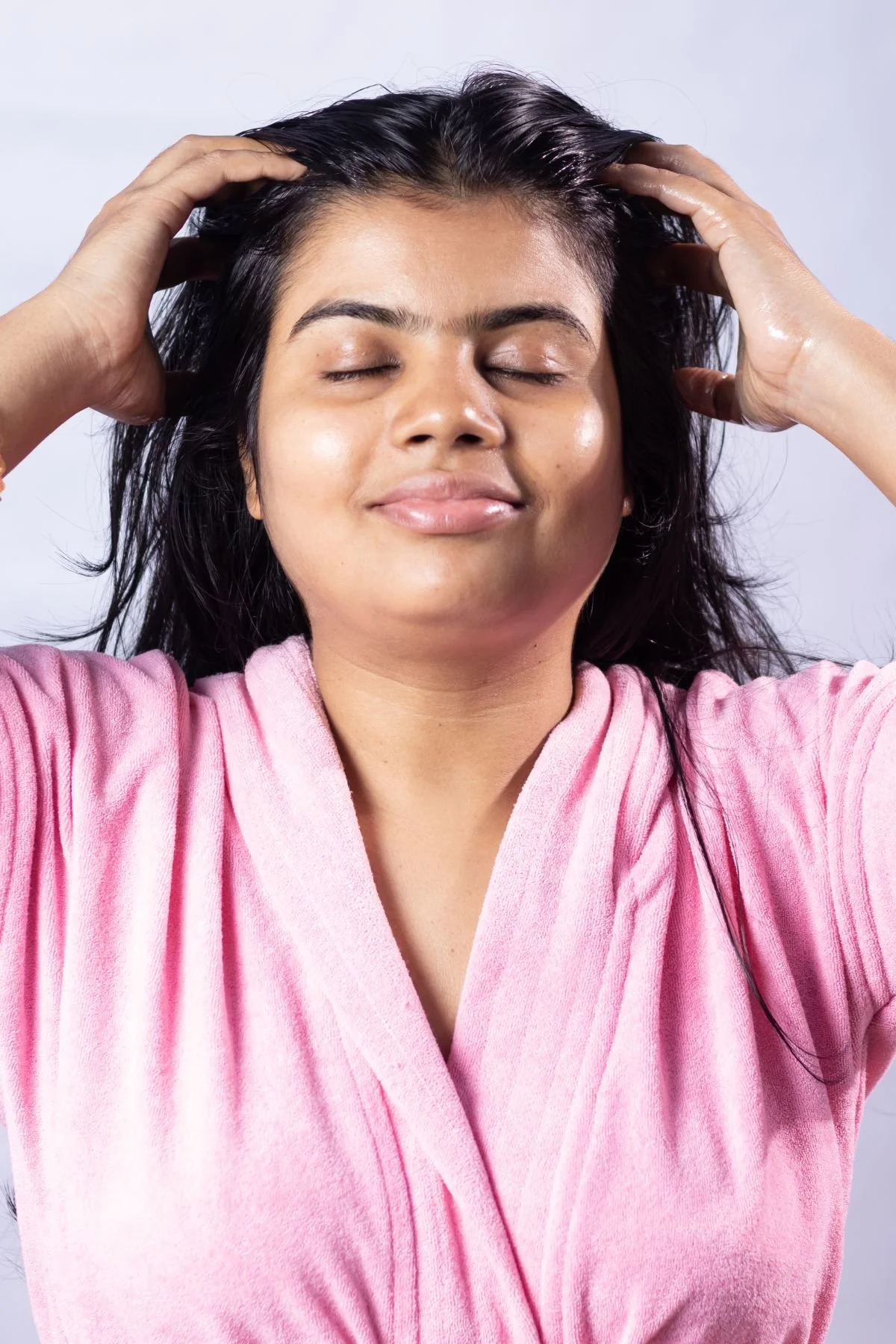The Best Tips On How to Keep Your Scalp Healthy
This post may contain affiliate links, which means I'll receive a commission if you purchase through the link at no extra cost to you. Please read the full disclosure here.
Have you ever considered the health of your scalp? As important as having healthy hair is to most, sometimes your scalp does not receive the best scalp treatment.
While there are generally a few obvious signs that your scalp needs some saving, it can be challenging to pinpoint precisely how healthy your scalp is when no significant problems are apparent.
The good news is that having a healthy scalp may take many different forms; it just depends on your scalp type.
Additionally, if you have a scalp imbalance or medical condition, this can impact the appearance and the general hair health of your mane.
Everyone wants a healthy head of hair. When yours begins to look dull, damaged, or thinner than usual, you want to take the proper steps to fix it as soon as possible to ensure you have great hair or the hair of your dreams.
Incorporating new products, getting trims frequently, and eliminating hot tools can help you get on the right track, but these strategies won’t necessarily keep your hair in good health.
By attending to your head as well as your hair, you can help avoid common hair problems in the future.
What defines a healthy scalp?
It might oftentimes be hard to see whether your scalp is in optimal condition since it is covered with a bunch of hair, but it is worth checking. Since the scalp is where the hair follicles are located and where your hair grows, it is crucial to keep it healthy.
A healthy scalp should be devoid of flakes, irritation, or redness, as well as dryness or disturbance of the scalp's skin. Signs of an unhealthy scalp can include these scalp issues; itching, stinging or a burning feeling.
What causes poor scalp health?
If your scalp is itchy, you may need to figure out what is causing your skin to be irritated. An itchy scalp can be an indication of product buildup, but in extreme cases, it can also be a sign of a medical condition.
Product build-up is when hair products accumulation to the scalp and may be removed with a scalp scrub or clarifying shampoo.
However, just exfoliating or conditioning the scalp won't be enough to treat more severe scalp diseases or hair loss conditions. You may need to seek professional help if your scalp issues are more extreme.
Furthermore, an unhealthy scalp can also be when you see redness on the scalp. Redness can often mean irritation or an allergic reaction due to a product, UV rays, or tension on the scalp.
Other poor scalp health symptoms can also be accompanied by excessive hair shedding. Hair shedding is typically normal, but look out for more hair in your shower or on your floors than usual. If your scalp isn’t feeling normal, you’ll most likely be able to tell immediately.
Lastly a dry scalp can be another sign of poor scalp heath. To find out if you have dry scalp, look for loose, white, dusty flakes that collect in the hair; this condition is brought on by the skin in that area being irritated and flaking off.
You can use a scalp scrub paired with a scalp massage in the shower to really help get the flakes off of your scalp.
Benefits of a healthy scalp
It's crucial to pay attention to your scalp since it affects the condition of your hair. A healthy hair care routine will help maintain a healthy scalp.
This entails treating your hair well and utilizing mild products that are tailored to your hair condition, hair type, or hair texture.
A healthy diet high in fruits and vegetables is also beneficial for a healthy scalp, and taking a probiotic and fish oil supplement can help in some cases.
Healthy scalps are the perfect nurturing ground for healthy, longer hair.
How can I improve my scalp health?
Use a scalp scrub
A scalp scrub is a method of exfoliating the skin of your head, much like a scrub you may use on your face.
The scrub contains Small grains that are used in physical exfoliants to brush off debris or product buildup from the scalp. Anyone with flakiness, excessive oil, or dandruff can benefit from them.
In addition to removing dead skin cells, oil, and dandruff, scrubs also may expand the blood vessels under your skin, promoting hair growth.
Follow up with a hair mask after using a scalp scrub for optimal health hair.
Pick a shampoo that is formulated for your scalp needs
If you have oily hair, aka an oily scalp, pick a shampoo that is targeted to help volumize your hair. This type of formula does a better job at cleaning your scalp and helping to get all the oils out.
For anyone with a dry scalp, you want a creamer shampoo. These shampoos will help hydrate your scalp.
Thus who are experiencing other scalp conditions might benefit from a shampoo that is formulated with salicylic acid, which reduces itching and irritation by getting rid of dry skin and dandruff on your scalp.
With significant dermatitis, a common condition that can cause your head's skin to feel itchy, dry, rash-like, and swollen, salicylic may also be helpful.
Make time to massage your scalp.
Investing in your scalp will pay off in the long run! By purchasing a scalp massager or by using your fingers, you can stimulate the cells and promote better blood circulation, which promotes healthy hair growth and strengthened hair strands.
Set aside at least 5 minutes in your day to massage your scalp and reap the benefits! You can increase the number of hair massages you do a day depending on your schedule, but always be gentle.
Massaging your scalp also works to clean your scalp of any debris, keeping your locks in good shape.
Try not to overwash your scalp
It makes sense to believe that washing your hair more frequently will help prevent greasy hair, but this is not the case.
Too many shampooing sessions remove the natural oils from your hair. In response, your scalp could create additional oils to stay hydrated, giving your hair an oily appearance.
The break between washes should be extended for anyone who already has dry or itchy skin on their scalp to balance the oil production.
Only use a clarifying shampoo when needed
All traces of filth and residue cannot be eliminated by standard shampoos. That's why it's important to go in with a clarifying shampoo.
A clarifying shampoo includes a high concentration of potent cleaning ingredients that thoroughly clean your scalp by removing debris, sebum, mineral buildup, and hair product residue.
However, because this type of shampoo does such a good job of cleansing your scalp from any product build-up you only want to use it once a month. If you overuse this shampoo it can dry out your hair and scalp.















